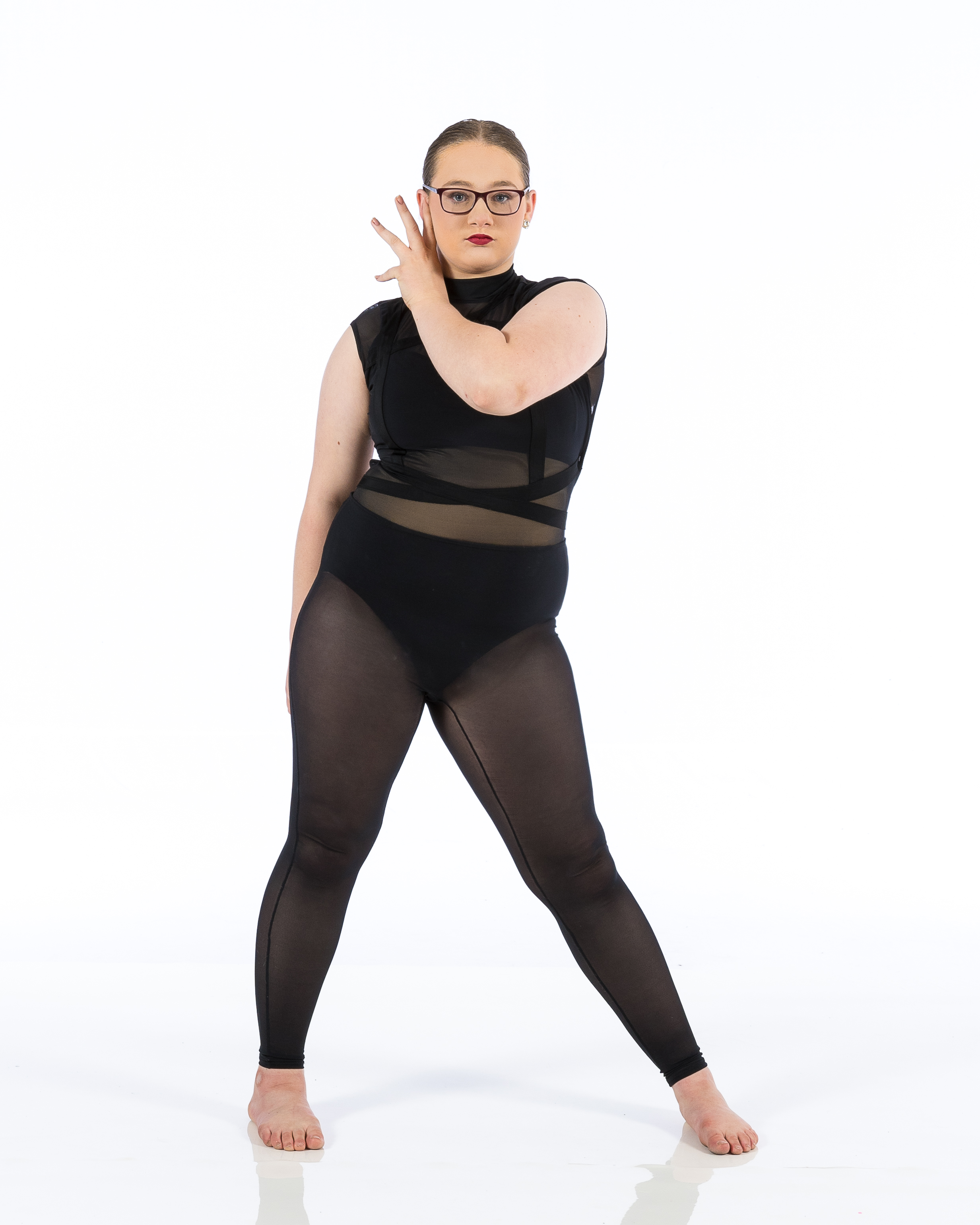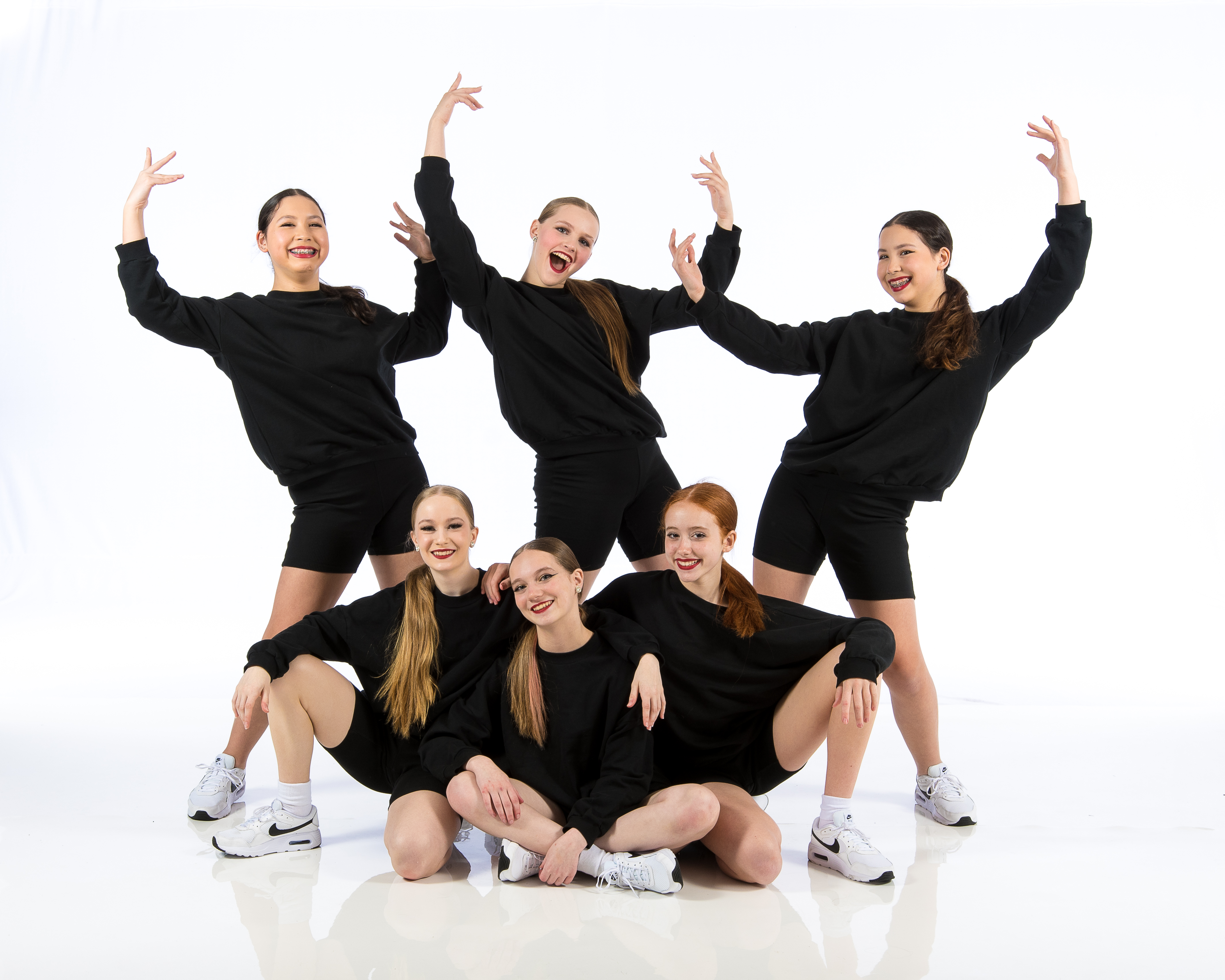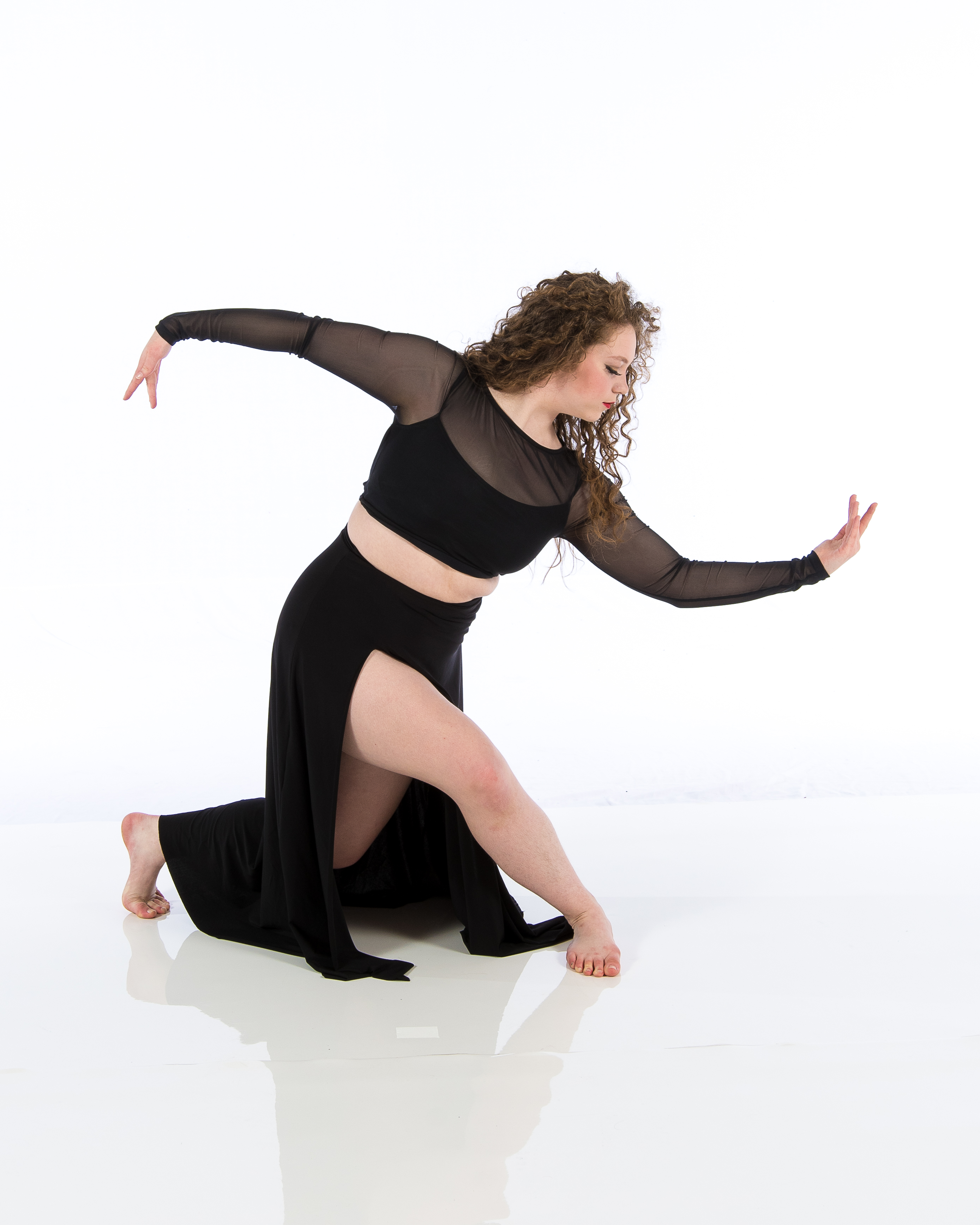Introduction
Dance is an art kind that goes beyond obstacles, joins neighborhoods, and ruptureds with the vigor of human expression. Whether you're a budding dancer entering a dance studio for the first time or a skilled performer aiming to improve your craft, recognizing dance studio decorum is essential for making certain a favorable experience. This substantial overview entitled From Amateur to Specialist: Browsing Dance Studio Etiquette for an Unified Experience will take you via every aspect of dance studio behavior, giving insights that will certainly boost your experience and foster more powerful partnerships within the dancing community.


Understanding Dance Studio Etiquette
What is Dance Studio Etiquette?
Dance studio etiquette describes the set of rule of thumbs and social standards that control habits in a dancing class setting. Similar to any various other imaginative environment, appreciating these guidelines can boost not only your understanding experience however likewise that of your peers.
Why is Dance Studio Decorum Important?
Adhering to appropriate decorum helps produce an atmosphere of regard, emphasis, and cooperation. It cultivates a sense of neighborhood and allows professional dancers to support each various other in their development while minimizing diversions throughout class.
From Newbie to Specialist: The Significance of First Impressions
Preparing for Your First Class
Walking right into a dance studio for the first time can be nerve-wracking. To make a memorable first impression:
- Dress properly: Wear comfy clothes appropriate for the type of dancing you're studying. Arrive early: Aim to reach least 10-- 15 mins prior to class begins. This gives you time to check in, heat up, and clear up in.
Greeting Your Instructor
A pleasant greeting collections the tone for your experience. Always introduce yourself if it's your extraordinary! A basic "Hey there" or "Greetings" can go a long method in developing rapport.
Classroom Conduct: The Do's and Do n'tshtmlplcehlder 46end.
Do's: Positive Behaviors
Be Respectful: Regard everybody's personal area-- particularly when practicing moves. Listen Actively: Show listening when teachers are speaking; it reveals you value their guidance. Support Your Peers: Motivate fellow professional dancers; positivity breeds encouragement.Don'ts: Adverse Behaviors
Avoid Diversions: Maintain individual discussions outside the classroom. Don't Use Your Phone: Silence your phone throughout course; it's disruptive. Refrain from Interrupting: Wait up until the trainer finishes prior to asking questions.The Role of Individual Area in Dance Studios
Understanding Boundaries
Personal space varies from person to person, particularly in a dancing setting where physical distance is often required during technique routines.
Communicating Comfort Levels
If you feel unpleasant with exactly how close another dancer is obtaining during partnered workouts or developments, it's critical to interact this pleasantly and professionally.
Maintaining Professionalism and reliability: Dress Code and Grooming
Importance of Correct Attire
Each dancing design commonly has its very own outfit code-- whether it be leotards for ballet or baggy clothing for hip-hop classes-- adhering to these standards demonstrates regard for both your craft and your instructor.
Personal Hygiene Matters
Dancing calls for physical effort, which can cause perspiration. Ensure you preserve good health by bathing prior to course and using clean attire.
Behavior During Course: Concentrating On Learning
Engaging with Instruction
It's crucial to remain concentrated throughout presentations. As opposed to simply viewing, proactively involve by envisioning just how you would execute each movement.
Asking Concerns Appropriately
Curiosity improves finding out! If something isn't clear, do not hesitate to ask inquiries-- but ensure they are relevant and posed at proper times (ideally after directions).
Feedback: Embracing Constructive Criticism
Accepting Comments Gracefully
Constructive criticism is part and parcel of growth in any art kind. Embrace responses with an open mind and avoid ending up being defensive; bear in mind that review intends to assist boost your skills!
Offering Responses Thoughtfully
When providing feedback to peers, guarantee it's constructive instead of critical; focus on what they succeeded along with areas for improvement.
Creating Consistency With Teamwork
The Value of Group Spirit
In several dance styles, teamwork plays a crucial duty; developing friendship with fellow dancers causes improved performances.
Collaborating Throughout Team Exercises
When involved in team tasks or choreography practices, encourage imagination by valuing everybody's concepts while likewise adding yours constructively.
Handling Conflicts Gracefully
Addressing Disputes Maturely
Conflict might arise due to misconceptions or varying opinions on choreography choices. Take on these concerns privately rather than publicly airing grievances which could interrupt class harmony.
Seeking Arbitration When Necessary
If disputes intensify past personal resolution initiatives-- seek assistance from instructors who can moderate effectively based on their experience handling similar situations.
Post-Class Decorum: Leaving on an Excellent Note
Thanking Instructors After Class
Always reveal gratefulness in the direction of your trainer after lessons; this enhances favorable relationships while acknowledging their hard work!
Keeping the Studio Clean
Whether it's grabbing canteen or nicely preparing props post-class-- keeping tidiness lionizes for common rooms made use of by all dancers!
Engaging Beyond Course Time: Building Neighborhood Relationships
Joining Social Events
Participate in gatherings organized by workshops such as showcases or open houses-- these events offer possibilities for networking while boosting community connections outside organized lessons!
Supporting Fellow Dancers' Performances
Attending peers' performances shows solidarity within the dance neighborhood-- it encourages engagement beyond plain presence at classes!
Frequently Asked Questions (Frequently asked questions)
1. What should I use for my very first dance class?
Pick comfy outfit suitable for the certain style you're taking (e.g., leotards for ballet). Always inquire about dress codes beforehand!
2. Is it fine to chat during class?
It's finest method not to take part in side discussions throughout guideline as this distracts both teachers & & fellow trainees alike!
3. Just how do I manage feeling overwhelmed?

4. What if I differ with choreography choices?
Express problems pleasantly either privately or within marked responses sessions instead of dance academy events freely critiquing during wedding rehearsals; preserving professionalism and trust aids solve disagreements amicably!
5. Should I bring water into the studio?
Absolutely! Staying hydrated improves efficiency levels; simply make certain containers are securely closed so spills do not happen on floorings where others are dancing!
6. How essential is punctuality?
Preparation is important as arriving late interferes with concentration levels while triggering interruptions; objective always get here early sufficient permitting time workout properly prior to courses commence!
Conclusion
Navigating via a dance studio environment can appear discouraging in the beginning glance however mastering correct decorum inevitably changes one's trip from newbie status towards skilled level virtuosity! By adhering closely recognized actions described throughout this overview labelled From Novice To Expert: Browsing Dance Studio Etiquette For A Harmonious Experience *, you'll cultivate very useful relationships within areas enriched imagination while developing technological prowess along with valued mentors! So shoelace up those shoes confidently step onto that floor-- the globe awaits your one-of-a-kind expression through movement!